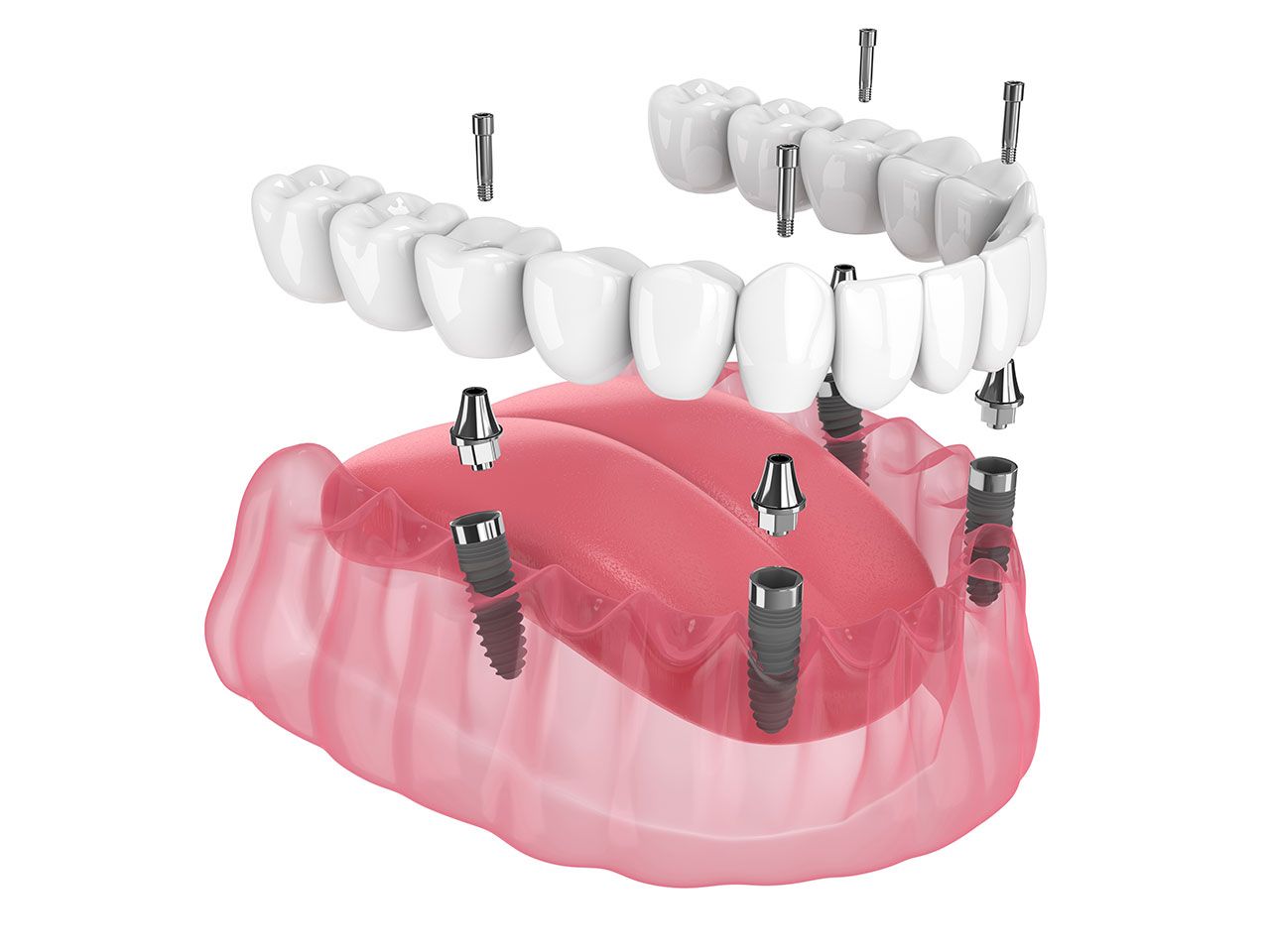Conquer Dental Anxiety: A Relaxing Dental Visit
Have you ever felt your heart pound at the mere thought of sitting in the dentist’s chair? Many people experience this kind of nervousness, often called Dental Anxiety. It can range from mild unease to a more significant fear that prevents individuals from getting the oral care they need. In today’s blog, we will explore several strategies you can use to feel more comfortable, confident, and calm during your next dental appointment.
Understanding Dental Anxiety
Dental Anxiety is not just a casual worry; for some, it can be a real barrier to maintaining good oral health. When anxious feelings take over, it often becomes easier to cancel or postpone a routine cleaning. Unfortunately, avoiding these checkups can lead to more complex dental issues and more invasive treatments later on.
Research published by professional dental organizations shows that a welcoming and supportive environment can greatly reduce Dental Anxiety. At Aria Dental of Annapolis, located at 1610 West St Ste 202, Annapolis, MD 21401, the caring team strives to create a soothing space for every patient. Dr. Daniel and Dr. Lisa understand that even a small amount of tension can keep you from fully benefiting from routine dental visits.
The good news is that Dental Anxiety does not have to hold you back. By identifying what triggers your stress, planning ahead, and using some tried-and-true relaxation strategies, you can feel more at ease in the dental chair. This approach not only helps you maintain a healthy smile but also ensures a more positive overall experience.
Common Causes and Symptoms
Some people find their Dental Anxiety is rooted in past negative experiences, while others feel uneasy because of unfamiliar sounds and sensations. Here are a few of the most common triggers:
- Fear of Pain: Memories of discomfort from childhood checkups or stories shared by friends can heighten worry.
- Loss of Control: Sitting in a chair and not knowing exactly what is happening or how long it will last can create distress.
- Sounds and Smells: The whirr of a dental drill or the clinical smell of antiseptics may trigger an uneasy feeling.
- Embarrassment: Concerns about having neglected teeth or gums can lead to stress during an exam.
Symptoms might include sweating, a racing heartbeat, shortness of breath, or trouble sleeping before an appointment. If you find yourself asking, “What can I do to mitigate dental fear?” the first step is recognizing that your feelings are valid. Talking about your concerns openly with your dental care provider can help you develop a shared strategy to make your visit more comfortable.
What Can I Do to Mitigate Dental Fear?
When faced with the question, “What can I do to mitigate dental fear?” it helps to remember that preparation and communication are key. By making small changes to how you approach your appointment, you can create a more reassuring experience:
- Schedule Wisely
Book your dental visits at a time of day when you tend to be the most relaxed. For some, an early morning slot helps them avoid worrying throughout the day, while others prefer afternoons when they are less rushed. Find what works best for your schedule and comfort level.
- Ask Questions
Knowledge is often a powerful tool against anxiety. Ask your dentist or hygienist to explain the procedures they will perform. Understanding each step can take away the uncertainty and help you anticipate what is coming next.
- Bring a Friend or Companion
If your dentist’s office allows it, consider bringing a trusted family member or friend. Having a familiar face in the room can be reassuring and help you remain calm.
- Practice Mindfulness
Simple relaxation techniques, such as focusing on your breathing, can help keep you centered. By inhaling slowly through your nose and exhaling through your mouth, you might notice your tension levels drop. You can also visualize a calm place or listen to soothing music during the procedure.
- Consider Sedation Options
Some patients benefit from mild sedation dentistry, which can include nitrous oxide (laughing gas) or an oral sedative. Discuss these options with your dental team to determine what might best fit your needs.
By applying these tips, you are taking proactive steps to overcome Dental Anxiety. Remember, the goal is to ensure that each dental visit feels less like a stressful event and more like a regular, manageable part of your healthcare routine.
Benefits of Overcoming Dental Anxiety
According to various professional sources, including the American Dental Association, addressing Dental Anxiety effectively can bring significant benefits that go beyond a better-looking smile. Here are some key advantages of taking a proactive stance on your dental fear:
- Improved Oral Health: When fear doesn’t stand in the way, you are more likely to schedule and keep your routine cleanings. Regular checkups allow your dentist to detect issues early, reducing the chance of extensive treatments.
- Greater Overall Well-Being: Good oral health supports the rest of your body. Research suggests that gum disease can be linked to conditions like heart disease or diabetes. By overcoming Dental Anxiety, you maintain a positive approach to your overall health.
- Reduced Long-Term Costs: When minor problems are treated early, you avoid the expense of more complicated dental work. This is not only financially beneficial but also saves time and effort.
- Enhanced Confidence: A healthy smile can boost self-esteem. By managing Dental Anxiety, you can feel more confident about your appearance and more motivated to maintain routine dental care.
Additional Relaxation Techniques
It is worth repeating that many techniques can help counter anxiety, and discovering which ones work best for you is an essential part of the process. You might explore guided meditation or deep-breathing exercises in the days leading up to your appointment. Another option is journaling: write down your worries and then list possible solutions or coping strategies. By the time you arrive at your dental visit, you will have concrete methods to stay calm.
Conclusion
Dental Anxiety should not keep you from achieving excellent oral health. By recognizing what fuels your worry, communicating your concerns, and practicing relaxation strategies, you can turn what used to be a stressful chore into a more positive experience. A calm visit to the dentist begins with choosing a caring practice that understands the importance of patient comfort.
If you are seeking a dental home that prioritizes relaxation and reassurance, consider Aria Dental of Annapolis. Our office, located at 1610 West St Ste 202, Annapolis, MD 21401, takes pride in providing a welcoming environment for all patients. Dr. Daniel and Dr. Lisa, along with the entire team, are here to answer your questions and tailor the experience to your comfort level.
For more information or to schedule a consultation, call us at 410-280-5370. Conquer your Dental Anxiety once and for all, and take the next step toward the healthy, confident smile you deserve!
Share This Post




